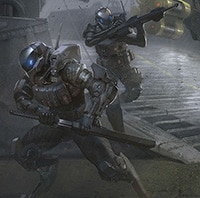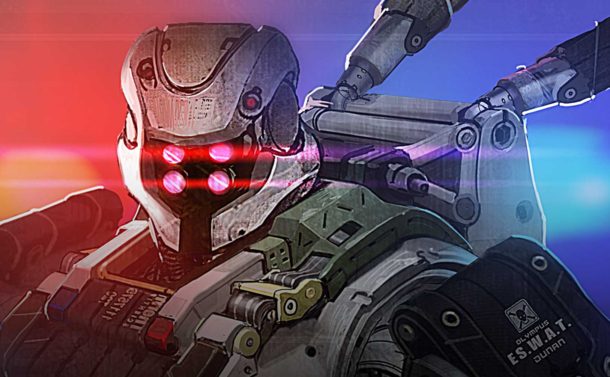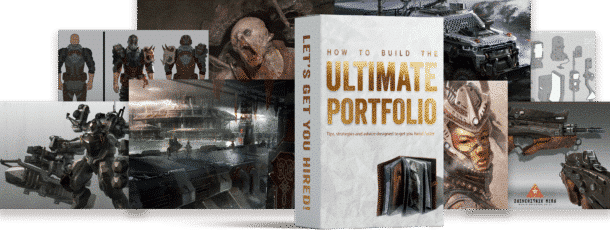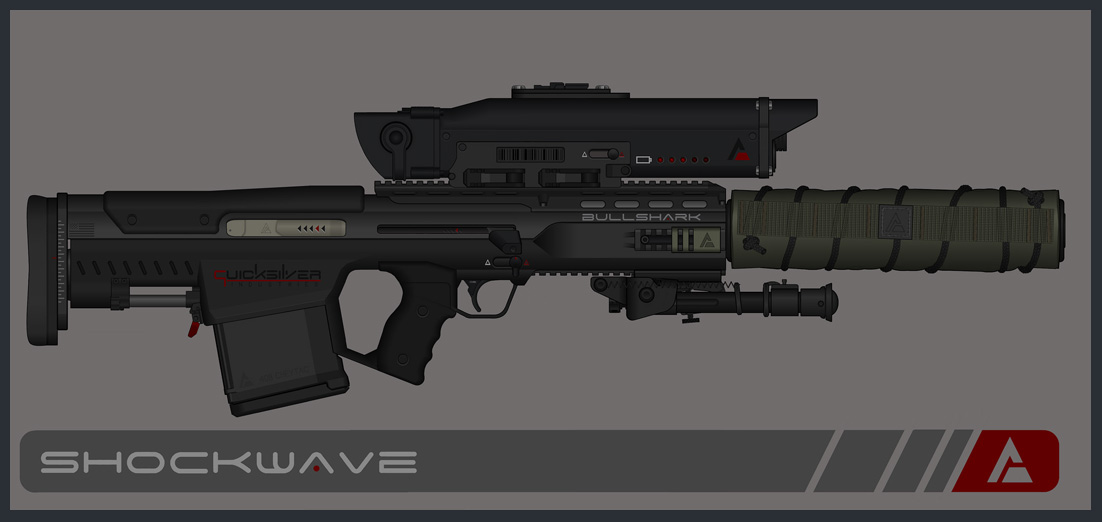
Designing Guns For Today’s Video Game Market
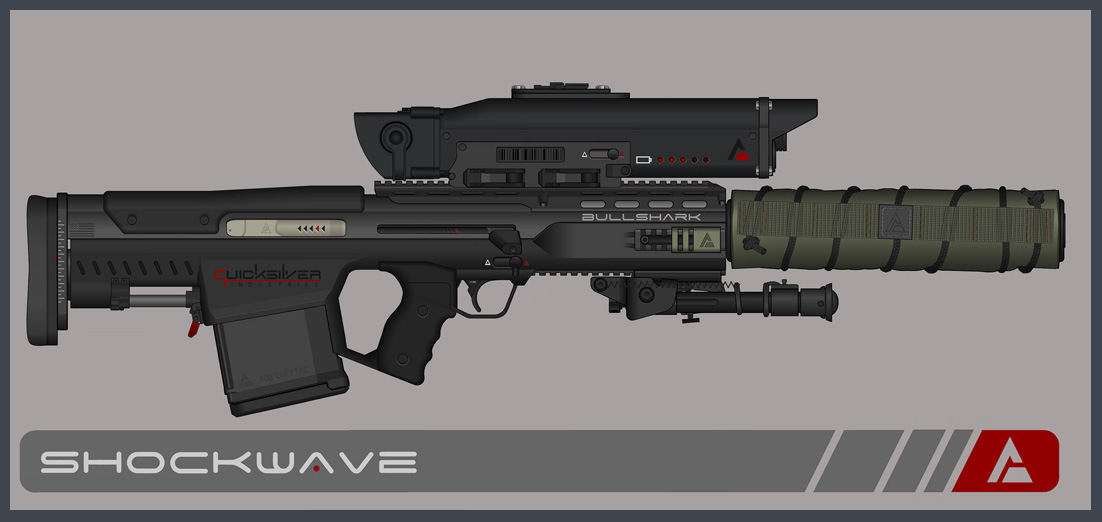
Hey Wouter
As video games gain mainstream popularity and generate huge revenue profits, there are certain global trends to be aware of:
1. Working for mega-blockbuster games that generate huge revenue profits,(Like COD) means you have to be extra careful not to infringe on another company’s Intellectual property. Gone are the days when artists could just copy a real world Colt M4 by reading a review from the likes of Firearmblog Online or the likes, and implement it into the game without fear of lawsuits, let alone collage-ing real world parts in new ways to call it an “original gun”. If people can still recognize that you’re using a Magpul grip as your base design, then there is a very real chance that Magpul will have a legal claim against you and the client. As someone who’s been on the legal side of that, trust me when I tell you: it’s no fun. Any kind of legal action involving firearms are painful experiences (which is why when it comes to the physical items people will go to experts like https://gunlawsuits.org/gun-laws/wisconsin/concealed-carry/ to help them handle the situation), so keep smart as you go.
I suspect that this is a large part of the reason why COD is moving into the future warfare. Doing so relieves them from having to pay companies licensing fees. It also allows them to own all of their content outright.
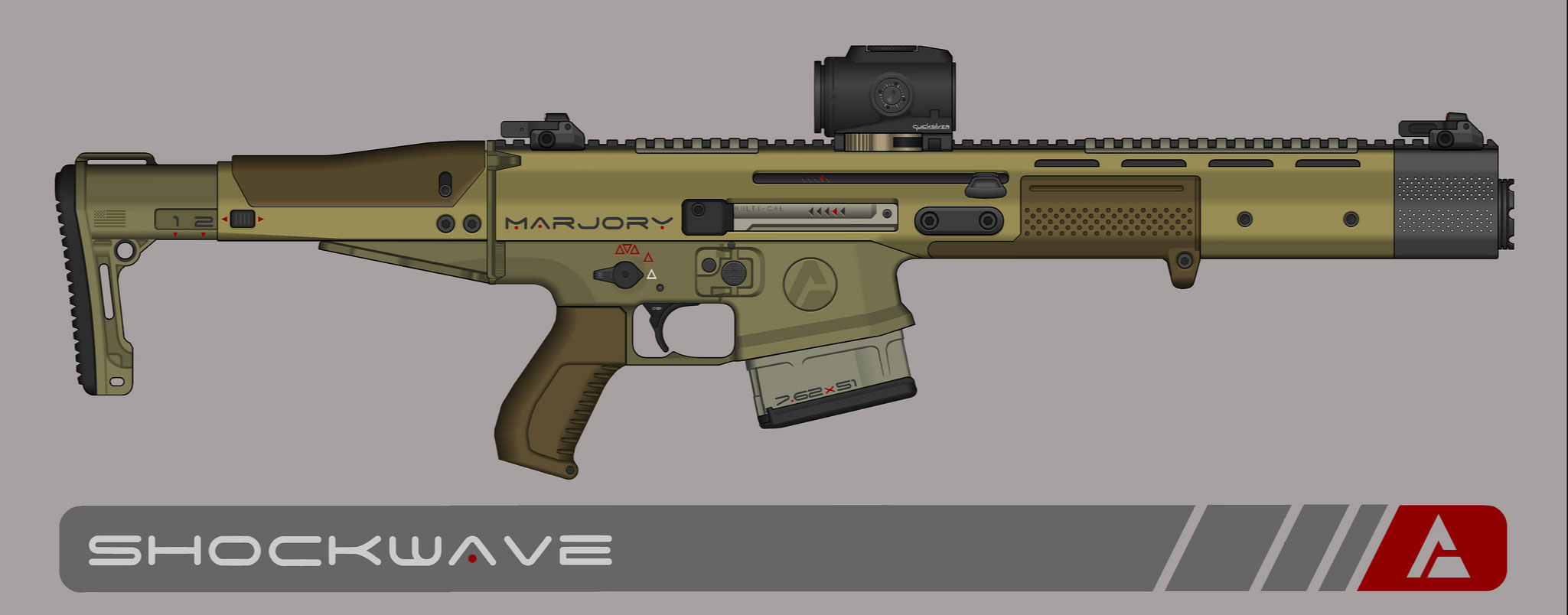
2. As a result of growing lawsuits, I have noticed the trend of videogame studios hiring “specialist” artists who are passionate about weapons and know them inside and out to do the heavy design work on weapons for the game, then having the more generalist artists do the cleanup, tweaking and any fixes needed.
Companies are looking for a designer who can make something look futuristic and sci-fi, yet still grounded in reality. Construction details, materials and textures are equally as important.
Another thing companies want to see are new weapons that they’ve never seen before. Being able to design that unique, “signature weapon” is king. This can be achieved through the way the weapon looks, is manipulated, fires, etc. Designing your own weapons, however, requires knowledge of the elements that make a firearm work. You should learn more details about what is needed to create a weapon, propellants for instants, to make sure your own weapon is realistic and doesn’t take away from the realism of the game. If you can design weapons like these, and demonstrate strong design skills in your portfolio, you will forever be employed.
3. Presentation of weapon ideas:
Side views are cool but the money shot is in the 3/4 front and back views. This angle makes the gun come to life. If you want to work at a video game studio that develops first person shooters, then the “first person view” of the gun will be incredibly important. You will need to showcase this angle in your weapons portfolio as well.
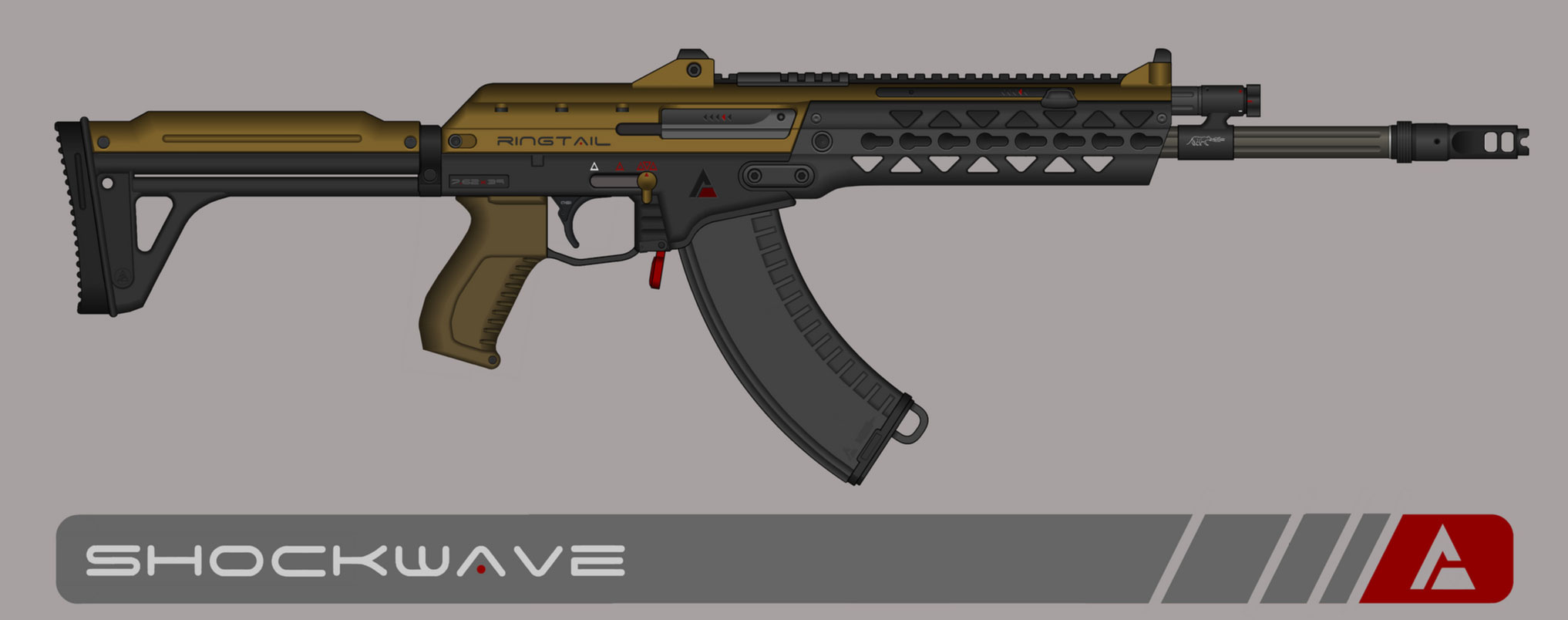
4. 3d software
Yes, there is a growing trend to do everything in 3d these days, but honestly, most of what I do is on paper and Photoshop. I only tend to use 3D if the client requires a fully rendered, super sexy marketable image- in those situates being able to model, light and capture a weapon from all angels really helps.
Unfortunately, there’s no industry standard software, so chose whatever is comfortable for you. The most common ones are 3ds Max, Maya, Modo. But I’ve even heard of artists using Fusion and Sketchup for gun designs
5.Transitioning from hobbyist to pro:
Think bigger than Treyarch. As long as video games have violence, there will be a need for weapons and weapon artists. Think about other studios that make games that you like and design weapons for them as well- that way you will have a portfolio with wide variety of weapons, and a depth showcasing your intricate knowledge of weapon design. This makes you marketable to any studio.
To get an example of what your portfolio should look like, you can of course check out my website www.eliottlillyart.com to see the types of weapon designs i have on there, but I would also lookup a few other “gun guys” and see how they do, what they do.
I hope this info helps.
-Eliott

